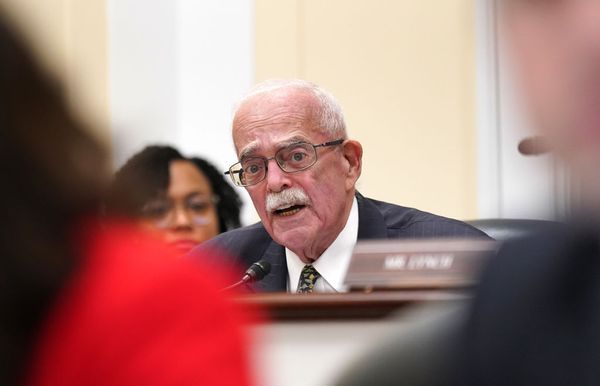
The Greens have forced the Victorian government to bolster privacy protections within a contentious bill to centralise all medical records across the state’s public health system that is now expected to pass in the upper house.
But Digital Rights Watch and the Law Institute of Victoria say the provisions do not go far enough, arguing the failure to establish an opt-out system does not give patients’ full autonomy when it comes to their health data.
The amendments negotiated by the Greens will create a privacy management framework that will protect the identity of patients who may be at risk of harm such as domestic violence survivors.
Patients will also be able to obtain information on who has accessed their files and a process will be put in place to safeguard sensitive health information. The Greens also secured an independent review to ensure the system is managing privacy concerns appropriately.
The party’s acting health spokesperson, Tim Read, said the changes struck the balance between improving privacy concerns and the need for the public health system to “function as effectively as possible”.
“Our public hospital system has been under enormous pressure and has struggled with staff shortages and delays … but trust is also important and patients need to have confidence their information will be protected,” he said.
Read said one option to safeguard the identity of vulnerable people could be for those people to use an alias on the system.
The bill would mean health staff could spend less time on the phone and more time helping patients, Read said.
Tania Wolff, the president of the Law Institute of Victoria, said the amendments fell short of respecting patient’s autonomy and was a “worrying departure” from the state’s history of rights-respecting laws.
Lizzie O’Shea, the chair of Digital Rights Watch, also said the absence of an opt-out model was a “step backwards”. “There is no evidence that an opt-out model would jeopardise the utility of the system,” she said.
“Personal information should be owned and controlled by the individual and you have a right to say how your information is used. It should focus on patient autonomy.”
The amendments mean the bill is expected to be passed in the state’s upper house with the support of some crossbench MPs, including the Animal Justice party’s Georgie Purcell.
Under the regime, from February next year public hospitals and services will be able to electronically share patient data – such as health conditions, allergies, medication, medical images and laboratory results – through a centralised database.
But the changes to the bill do not include the introduction of an opt-in or opt-out scheme.
The government maintains the bill will allow clinicians to start treatment sooner, reduce medication errors and unnecessary diagnostic tests. It has been welcomed by the Australian Medical Association Victorian branch, who said it is similar to existing schemes in place in New South Wales and Queensland.
But domestic violence survivors, civil liberty groups and cyber experts have raised concerns that the information could fall into the wrong hands.
A Victorian government spokesperson said the amendments would further strengthen the “transparency and accountability” of the new health information database.
The proposed system would complement the federal My Health Record, which contains summary information and is not designed to be a comprehensive record of day-to-day clinical care. My Health Record has an opt-out feature, which 10% of Victorians have selected.







